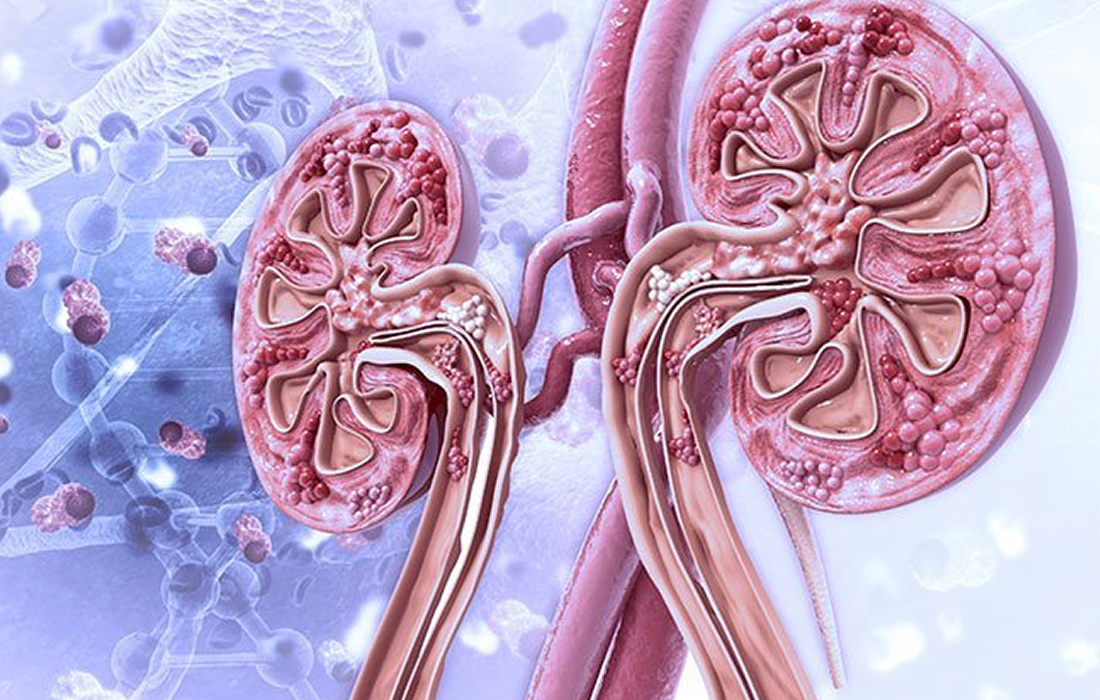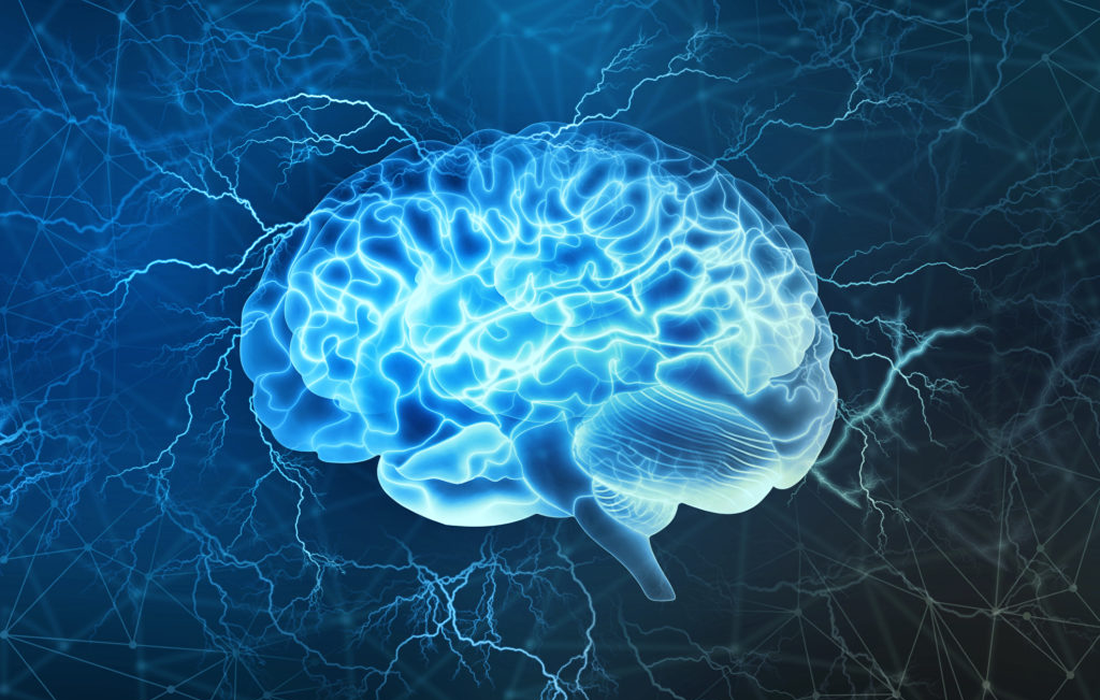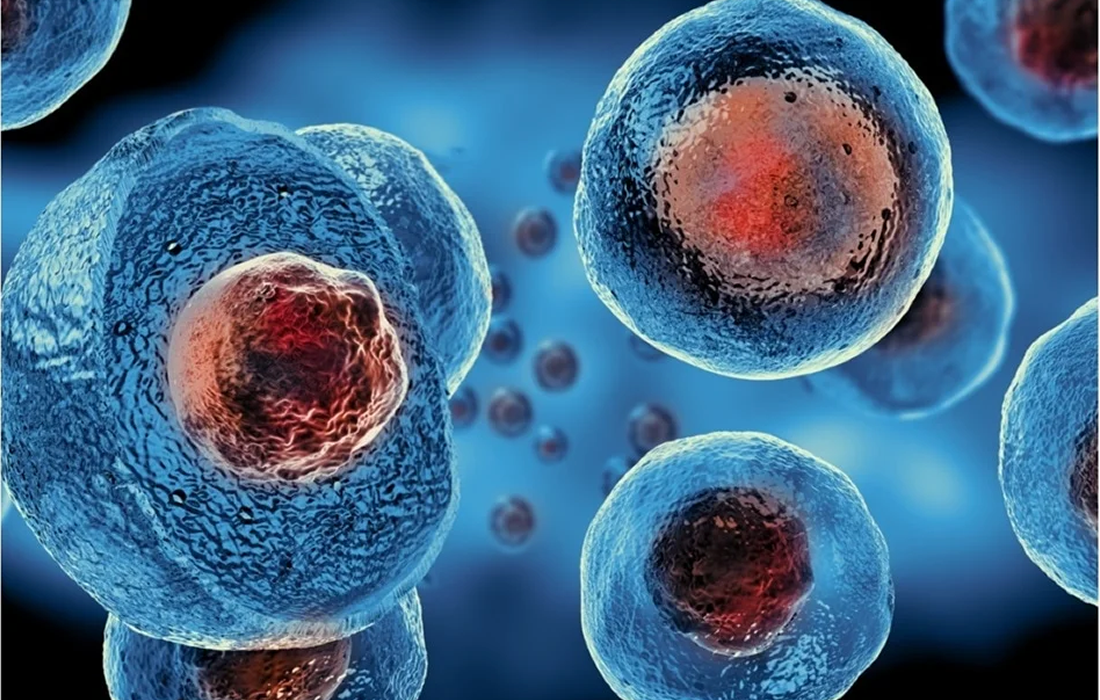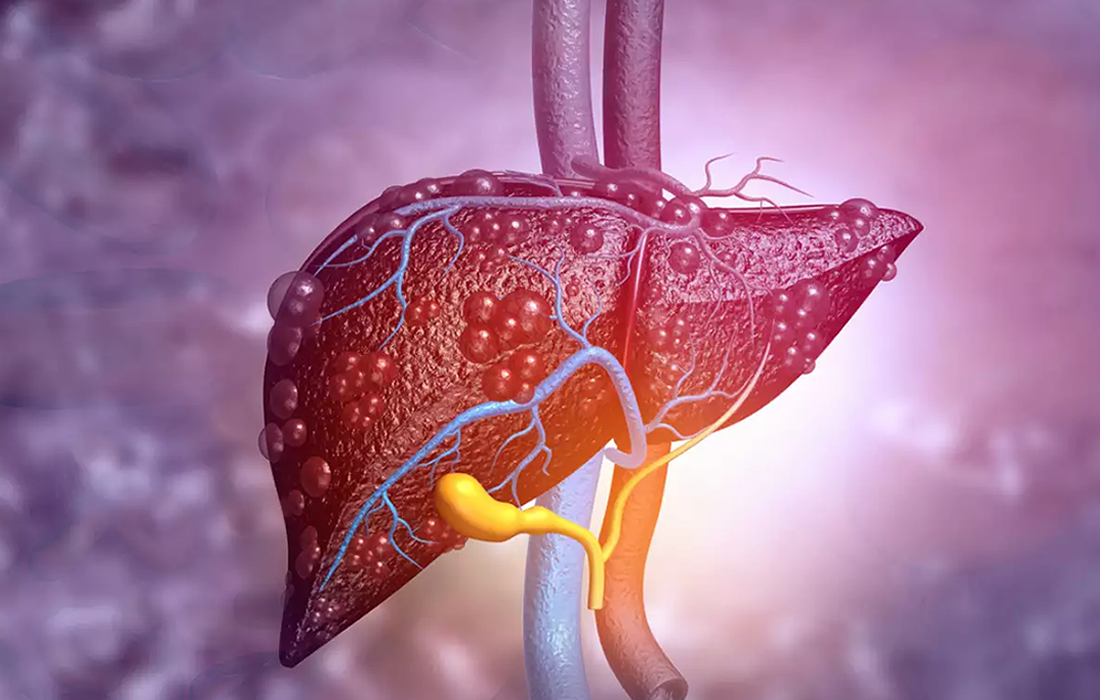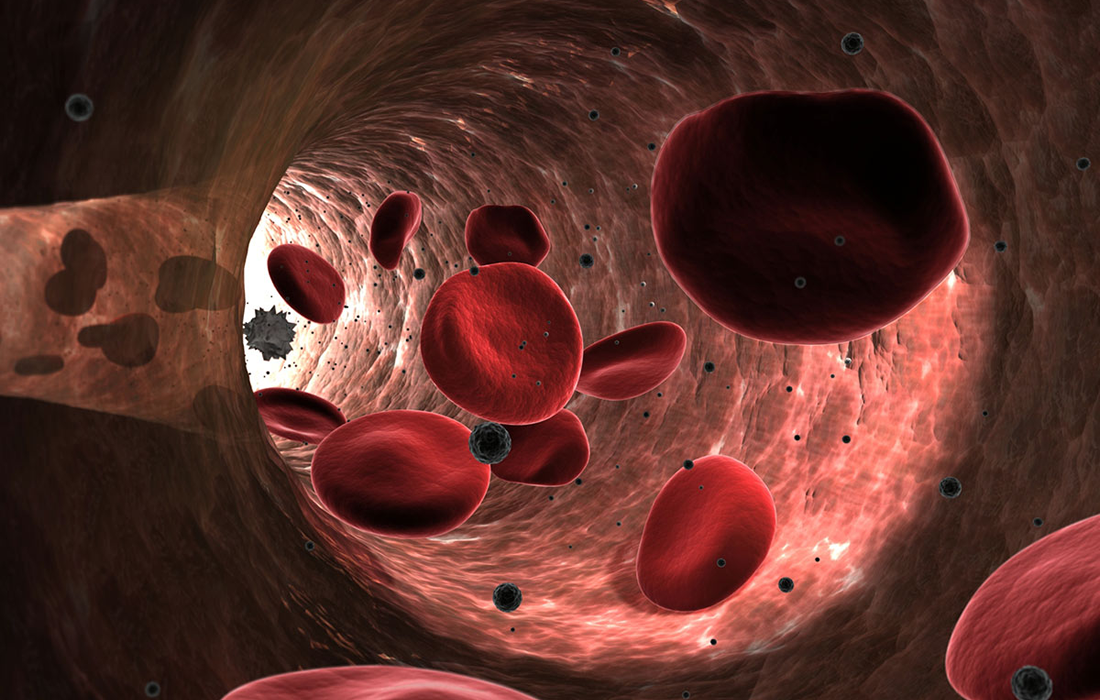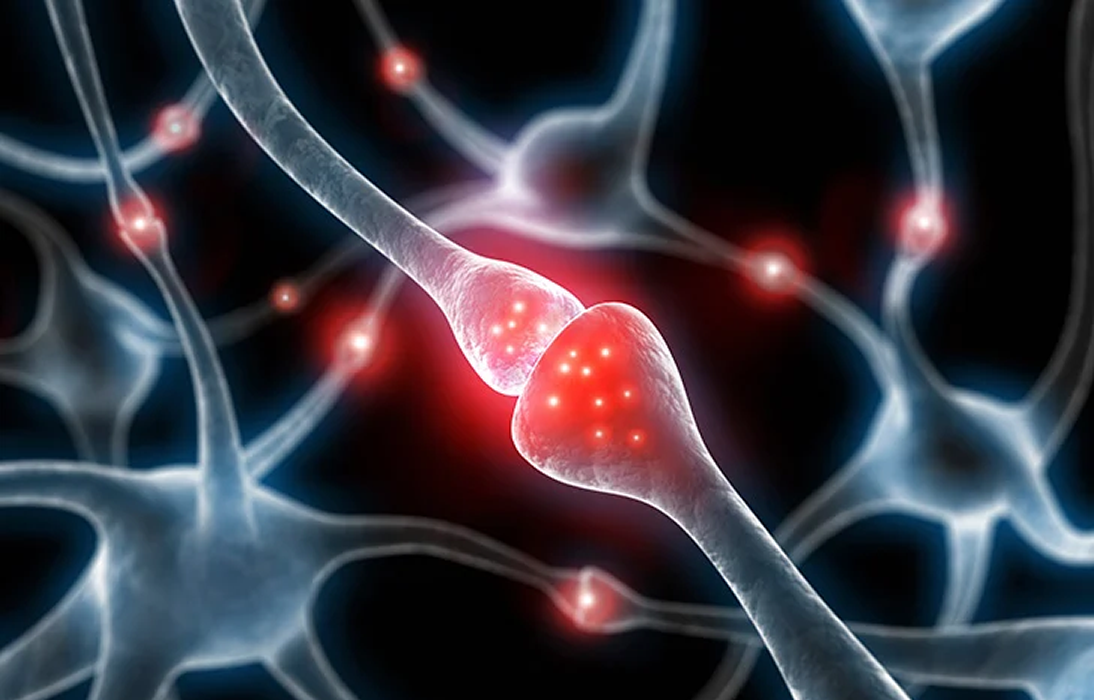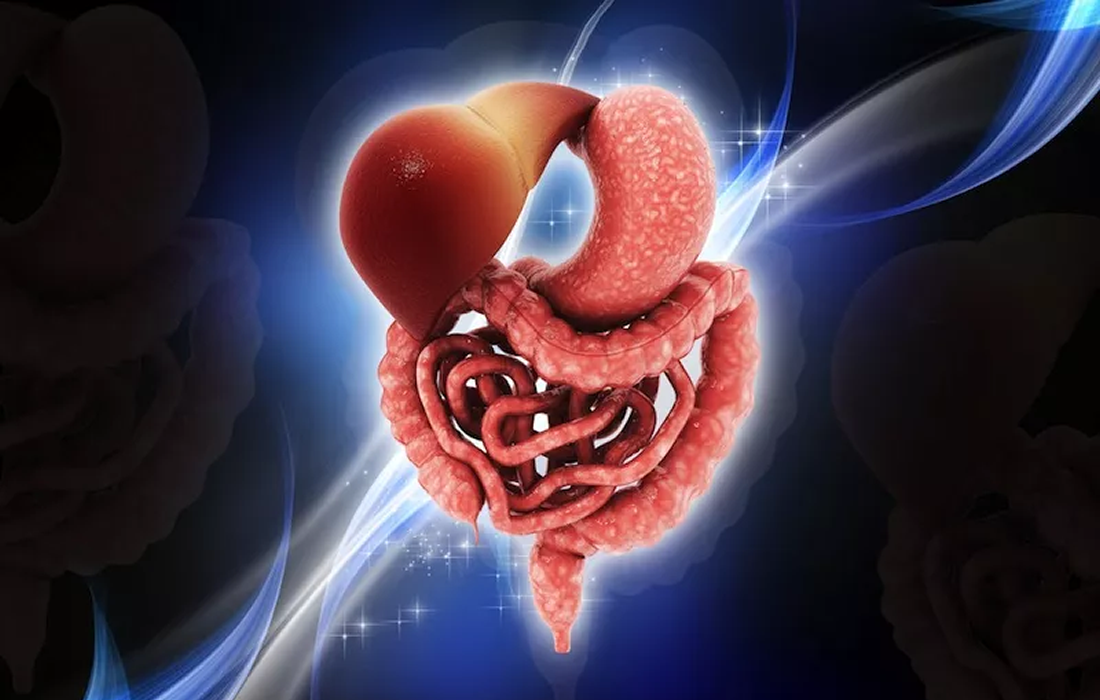Systemic lupus erythematosus (SLE) is an autoimmune disorder often characterized by the development of glomerulonephritis. The general consensus is that 60% of lupus patients will develop clinically relevant nephritis at some time in the course of their illness, and lupus nephritis (LN) is a major cause of mortality among patients. What is Lupus Nephritis? Lupus […]
Category Archives: Stem Cell Therapy for Specific Conditions
Diabetes has become one of the most common chronic diseases in the world. Its prevalence was globally estimated to be 4.4% in 2030 and the total number of patients will be increased to 366 million. According to the CDC 34.2 million Americans, just over 1 in 10 individuals have diabetes in the USA, 88 million […]
What is Female Sexual Dysfunction? Sexual dysfunction consists in persistent, recurrent problems with sexual response, desire, orgasms or pain, that distress you or strain your relationship with your partner. Many women experience problems with sexual function at some point, and some have difficulties throughout their lives. Female sexual dysfunction can occur at any stage of […]
What is Carpal Tunnel Syndrome? Carpal tunnel syndrome (CTS) is the most common peripheral entrapment neuropathy. The gradual ischemia resulting from high pressure with accompanying compression of the median nerve (MN) within the carpal tunnel is thought to contribute to the pathogenesis of CTS. What Causes Carpal Tunnel Syndrome? Carpal tunnel syndrome is caused by […]
Mesenchymal stem cells (MSCs) are multipotent stem cells, which means that they have the capacity to develop into multiple specialized cell types present in a tissue. They play an important role in cell therapies and are preferred over other types of stem cells, especially in neurodegenerative diseases (NNDs), due to their abilities, that include: multilinear […]
What are Umbilical Cord Mesenchymal Stem Cells? Umbilical cord mesenchymal stem cells (UC-MSCs) are self-renewing and multipotent. They can continuously proliferate and differentiate under specific conditions into one or more cell types that constitute human tissues and organs. They affect immune responses and can be easily harvested, separated, cultured, expanded and purified. Currently they are […]
What is Liver Cirrhosis? Cirrhosis is a late stage of scarring (fibrosis) of the liver caused by many forms of liver diseases and conditions, such as hepatitis and chronic alcoholism. Each time your liver is injured — whether by disease, excessive alcohol consumption or another cause — it tries to repair itself. In the process, […]
What is Paroxysmal Nocturnal Hemoglobinuria? Paroxysmal nocturnal hemoglobinuria (PNH) is an acquired clonal hematopoietic cell disorder characterized by intravascular hemolysis, thrombosis and marrow failure. It is a life-threatening disease of the blood. PNH is rare with an estimated prevalence of 1 to 10 per million and has a well-defined pathophysiology in which abnormal hematopoietic cells […]
What is Myasthenia Gravis? Myasthenia gravis (MG) is characterized by weakness and rapid fatigue of any of the muscles under your voluntary control. It’s caused by a breakdown in the normal communication between nerves and muscles. There is no cure for myasthenia gravis, but treatment can help relieve signs and symptoms, such as weakness of […]
What is Celiac Disease? Celiac disease, sometimes called celiac sprue or gluten-sensitive enteropathy is an immune reaction to eating gluten, a protein found in wheat, barley and rye. When you have this condition, eating gluten triggers an immune response in your small intestine. Over time, this reaction damages your small intestine’s lining and prevents it […]

